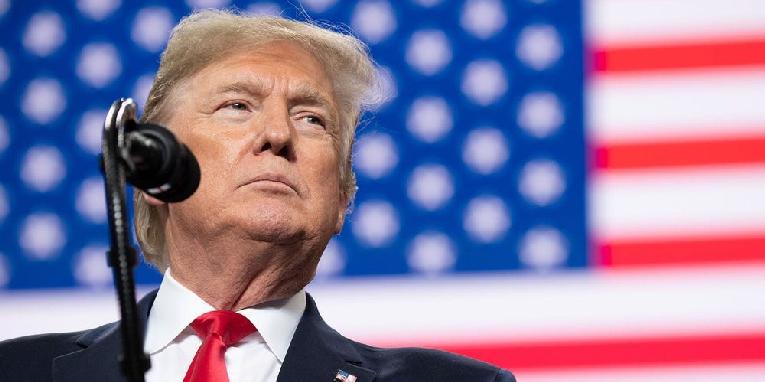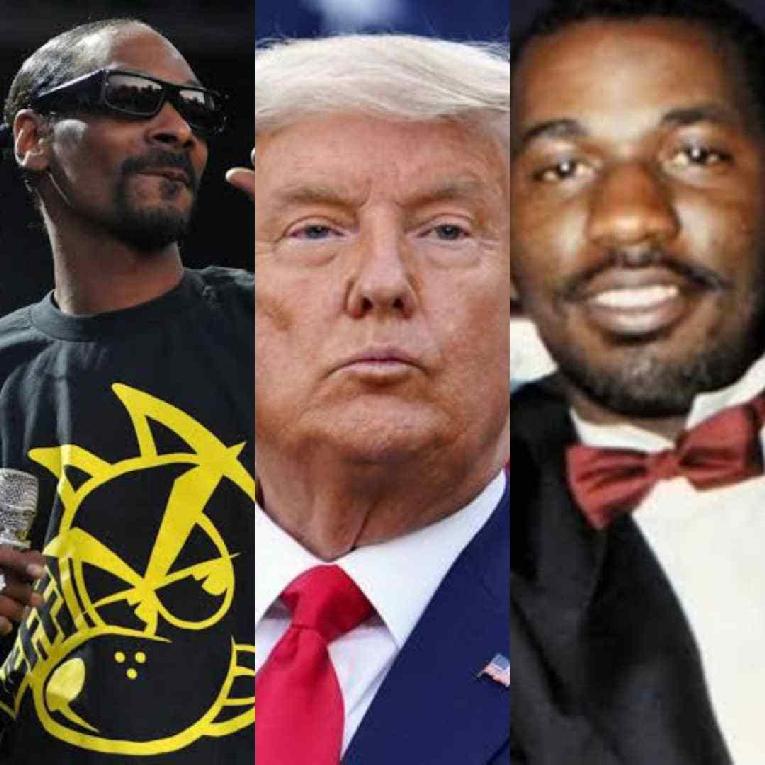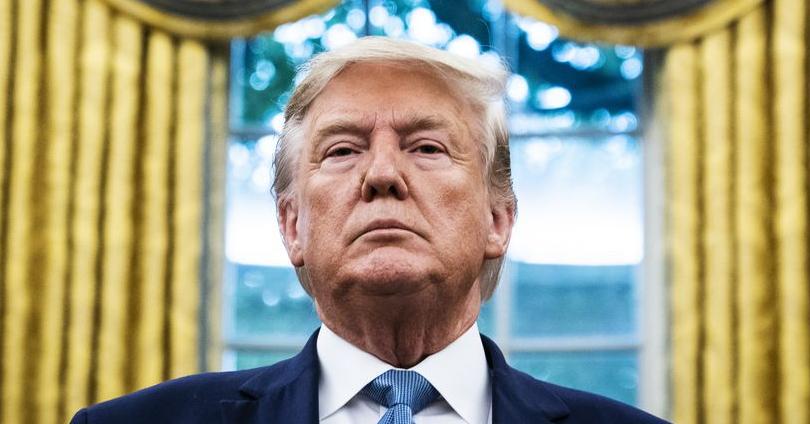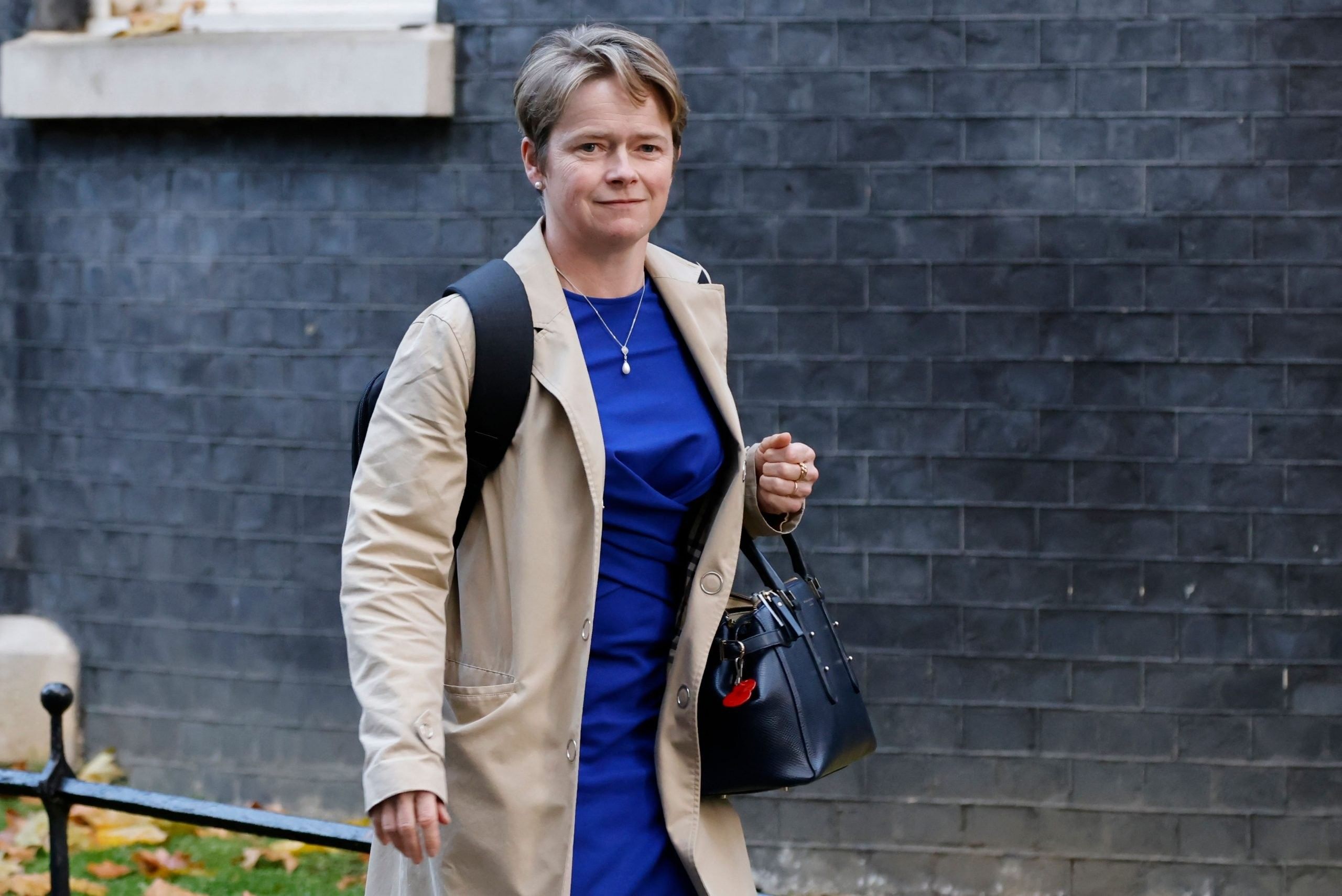Emirati Salem Salah could win $100,000 on Saturday, but first he has to beat world champion Magnus Carlsen

Emirati chess champion Salem Salah is preparing for a speed chess tournament on Saturday, when he'll come up against the World Champion, Magnus Carlsen. Antonie Robertson / The National



.png?f=1x1&w=55&$p$f$w=687cff3)
Georgia Tolley
June 25, 2021
It was clear from a young age that Salem Saleh had startling talent, and an extraordinary mind.
The Arab chess prodigy started winning professional championships aged only 10, and was named a grandmaster by the International Chess Federation (FIDE) when he was 16, a title currently held by 1,721 other players in the world.
As Arab and Asian chess champion and the UAE's top player, Mr Saleh is used to coming first, but this weekend he will face some of the top minds in chess, including the world champion, Magnus Carlsen from Norway, woman world No 1 Hou Yifan from China, and several grandmasters from India including Vidit Gujrathi, Arjun Erigaisi, Gukesh D and Adhiban Baskaran.
The Queen's Gambit was like a bomb in the chess world - it created a huge shift in interest
Salem Saleh
"I enjoy playing but I enjoy winning more. I'm also competitive, and I hate to lose," said the 28-year-old Emirati.
"I'm really ambitious and I work really hard. My goal is to be No 1. That is what I'm hoping for – I don't shoot for No 20, I shoot for the top."
Mr Saleh could win $100,000 (Dh370,000) in the Goldmoney Asian Rapid, a virtual speed chess tournament where the competitors have only 15 minutes plus an additional 10 seconds per move to beat their opponent, but he said he does not think about the prize fund.
"When you're playing the game, you just forget about everything else, you just think about the moves," he said.
"In my head, I see a picture of the positions, and I start moving the pieces. The board, basically, is in my head."
An Emirati champion
Mr Saleh, who grew up in Sharjah the youngest of three brothers, was fortunate in that his father was involved in the management of the Sharjah Cultural and Chess Club.
The organisation was established in the 1970s, and still hosts to a vibrant community of chess enthusiasts.
Mr Saleh spent much of his childhood playing at the club, and still practises for six to eight hours a day with a coach, while also working for Dubai Police in quality control management. His professional chess skills mean he always thinks several steps ahead in his work as well.
"Generally I'm always planning and anticipating something; I create scenarios, I always imagine what will happen if this, or if that," he said.
"So I think chess influenced my thinking in my normal life, for sure."
Mr Saleh's areas of expertise encompass classical chess, speed chess and blitz chess, all of which have different rules and require different skillsets.
The classical format of the game allows two hours for each player for the game, with a 30-second increment for every move.
These games last about four hours, but can last as long as seven or even eight.
Rapid games are four times faster than the classical games and last an hour, and the blitz games are four times faster than the rapid games, lasting only 15 minutes.
The faster the game, the more the players rely on instinct to make their moves, and this is where Mr Saleh excels – he was ranked 19th in the world at one stage. In classical chess his world ranking is 53, but he is training to improve.
"First of all you can get better at chess itself, by improving different aspects. In the game, we have the opening, middle game and end game," he said.
"You can study more openings, you can find your own ideas, analyse with a computer and study different games, so you can improve in each aspect, by training, and by playing.
"When you play you find your weaknesses and you can work on that, and also your strengths, you can get better at them.
"There is the other part – the psychological part. In chess there is a lot of psychology – when you become a leader in a tournament, it feels different than at the start of the tournament; or when you lose two or three games in a row, you have to react differently.
"So with experience you become much more stable psychologically.
"You also need physical strength, because the games can sometimes last for six, seven hours, and the tournament can be two weeks sometimes, so you have to be physically very strong."
The chess world and The Queen's Gambit

Anya Taylor-Joy stars as chess prodigy Beth Harmon in Netflix show, 'The Queen's Gambit'. Phil Bray / Netflix
Mr Saleh's next major tournament is the FIDE World Cup in July, which will be his first in-person professional event for many months because of the pandemic.
The delayed 2020 FIDE World Chess Championship will also take place this year, in the UAE as part of Expo 2020 Dubai.
At the event the reigning world champion, Magnus Carlsen, will defend his title against the winner of the Candidates Tournament, Ian Nepomniachtchi, with a $2.5m (Dh9 million) prize fund at stake.
Both events are certain to have a much bigger audience this year than ever before, thanks to the popularity of the blockbuster TV series, The Queen's Gambit, starring Anya Taylor-Joy as orphaned chess prodigy Beth Harmon.
READ MORE

Mr Saleh's next major tournament is the FIDE World Cup in July, which will be his first in-person professional event for many months because of the pandemic.
The delayed 2020 FIDE World Chess Championship will also take place this year, in the UAE as part of Expo 2020 Dubai.
At the event the reigning world champion, Magnus Carlsen, will defend his title against the winner of the Candidates Tournament, Ian Nepomniachtchi, with a $2.5m (Dh9 million) prize fund at stake.
Both events are certain to have a much bigger audience this year than ever before, thanks to the popularity of the blockbuster TV series, The Queen's Gambit, starring Anya Taylor-Joy as orphaned chess prodigy Beth Harmon.
READ MORE

Giant chess pieces, Cold War intrigue and an Emirati gold: the story of Dubai's 1986 Chess Olympiad
Bahrain's 'Queen’s Gambit': Why more people than ever are playing chess on the small Gulf island
'The Queen’s Gambit' and nine more of the most famous chess moves in history
When it was released, the Netflix show made the top 10 in 92 countries and ranked No 1 in 63 countries, including the UK, Argentina, Israel and South Africa.
Chess sets sold out during the global lockdowns of 2020, with unit sales increasing by 87 per cent in the US in the three weeks after the programme premiered.
"It was like a bomb in the chess world – it created a huge shift in interest," Mr Saleh said.
"I have so many friends who knew that I was a chess player for so many years, and no one ever talked to me about chess.
"But when this Queen's Gambit came everyone seemed to be very interested, and they asked me about many things, and they started to like chess and play online."
To watch the real thing, the tournament starts at 3pm on Chess 24 on Saturday, with Mr Saleh against Hou Yifan in round one, Wesley So in round two, Peter Svidler in round three, Levon Aronian in round four and world champion Magnus Carlsen in round five.
Bahrain's 'Queen’s Gambit': Why more people than ever are playing chess on the small Gulf island
'The Queen’s Gambit' and nine more of the most famous chess moves in history
When it was released, the Netflix show made the top 10 in 92 countries and ranked No 1 in 63 countries, including the UK, Argentina, Israel and South Africa.
Chess sets sold out during the global lockdowns of 2020, with unit sales increasing by 87 per cent in the US in the three weeks after the programme premiered.
"It was like a bomb in the chess world – it created a huge shift in interest," Mr Saleh said.
"I have so many friends who knew that I was a chess player for so many years, and no one ever talked to me about chess.
"But when this Queen's Gambit came everyone seemed to be very interested, and they asked me about many things, and they started to like chess and play online."
To watch the real thing, the tournament starts at 3pm on Chess 24 on Saturday, with Mr Saleh against Hou Yifan in round one, Wesley So in round two, Peter Svidler in round three, Levon Aronian in round four and world champion Magnus Carlsen in round five.

























